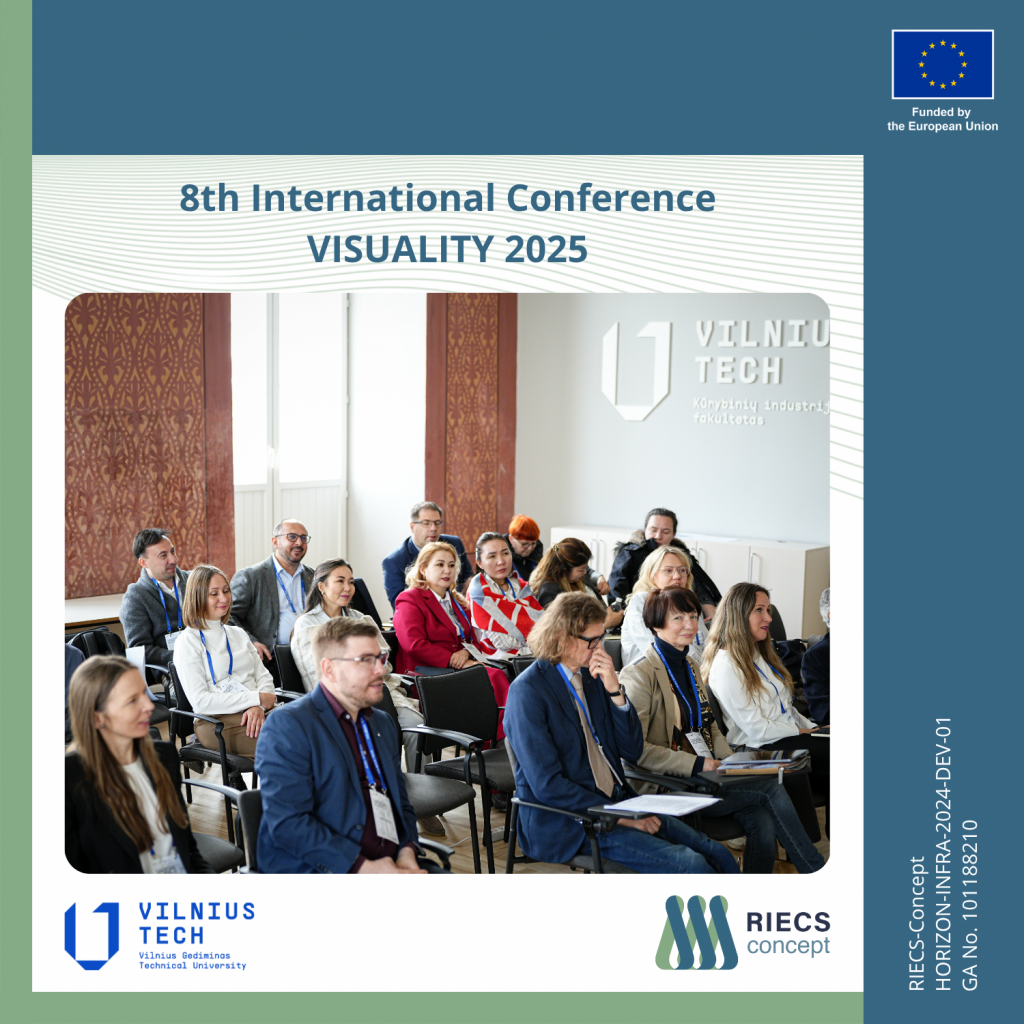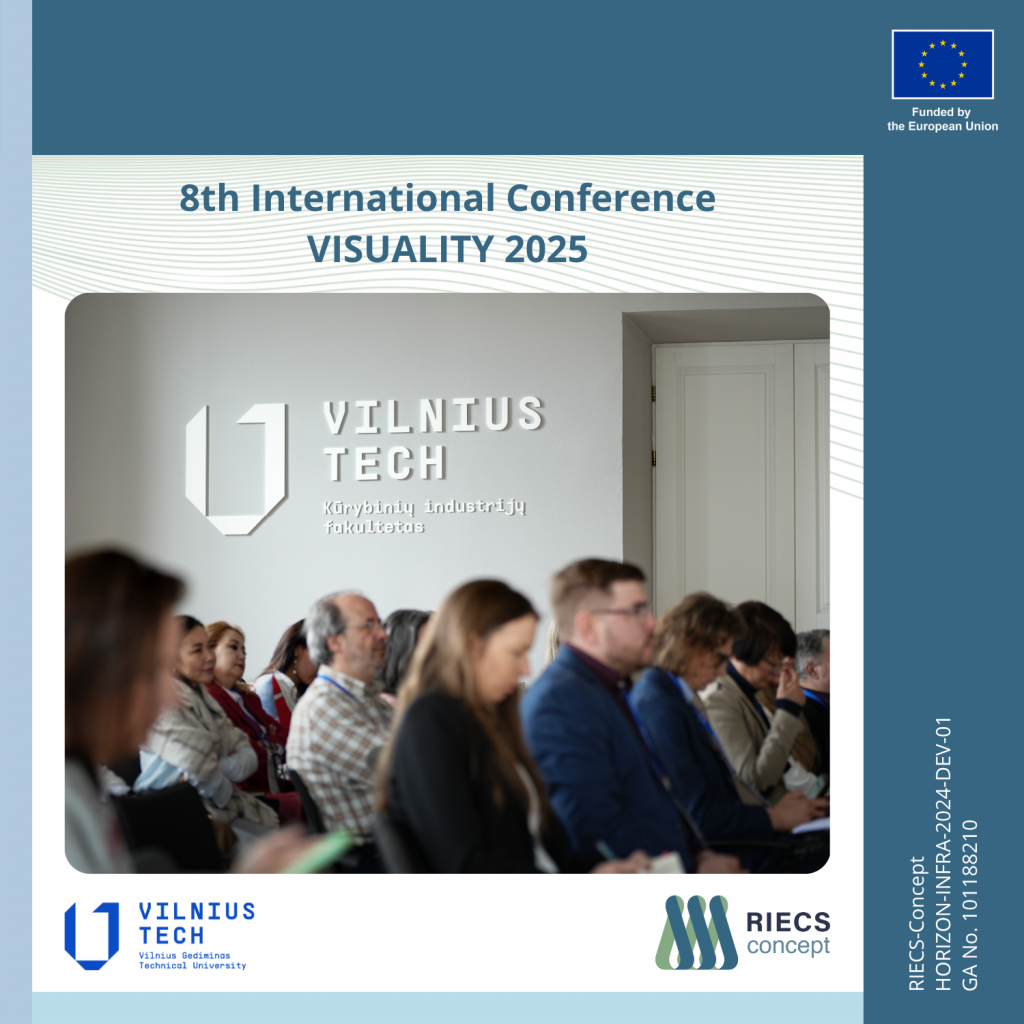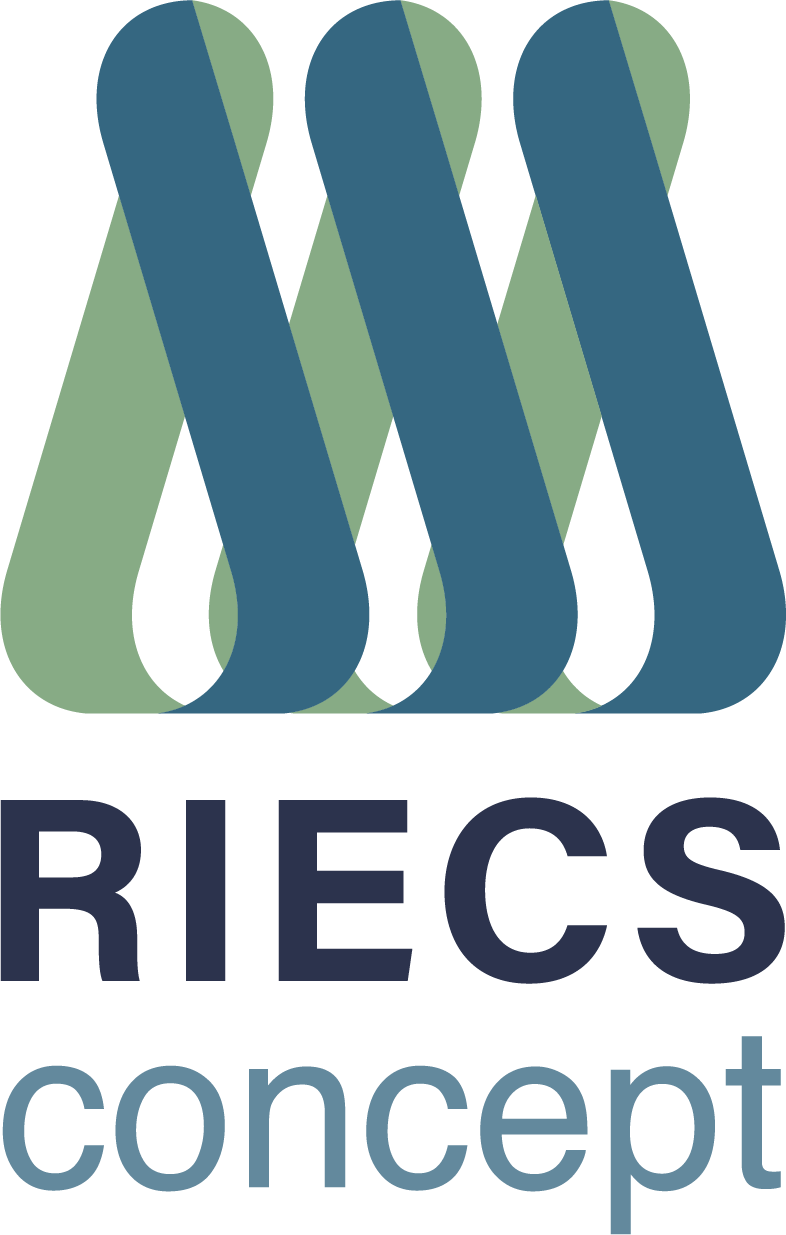
Designing The Future of Citizen Science: RIECS-Concept at 8th International Conference
“VISUALITY 2025: Social Innovations For Sustainability Communication


📢 Can we build a research infrastructure that is not only inclusive of society, but also shaped by it? This question stood at the heart of “Visuality 2025: Social Innovations for Sustainability Communication”, a major international scientific conference hosted by VILNIUS TECH on 8–9 May.
📢 Yet the first seeds of this conversation were sown a day earlier, during a vibrant pre-conference event that explored how digital innovation and participatory science are transforming the future of knowledge creation.

Pre – Conference – Framing the Dialogue
✨ On 7th May, the Faculty of Creative Industries at VILNIUS TECH opened its doors to experts, researchers and students for the pre-conference programme “Citizen Science Practices and Digital Innovation”.
✨ Kicking off the day, Assoc. Prof. Dr. Kristina Kovaitė (VILNIUS TECH) introduced the vision behind the RIECS-Concept project, presenting its mission to conceptualise a pan-European infrastructure that bridges scientific resources and everyday citizen tools – be it mobile phones or DIY kits – with established platforms, data, and services.
✅ The presentation outlined the project’s focus on three core scientific domains – environment, health, and climate change – as starting points to rethink how citizen science can be structured, governed, and empowered across Europe. Fragmentation, interoperability challenges, and lack of strategic infrastructure were identified as key barriers to unlocking the full potential of citizen-led research.

At the Heart of the Conference: Visualising Participation
📌 During the main “Visuality 2025” conference, RIECS-Concept’s ideas echoed through discussions on citizen participation, science communication, and infrastructure innovation.
✅ The project’s broader ambition – to design an open, interoperable, and participatory infrastructure for citizen science – aligned closely with the event’s themes of sustainability, inclusivity, and digital transformation. Whether in panels on urban planning, misinformation, or environmental storytelling, the need for systemic, citizen-driven research approaches remained constant.

Key Highlights
📌 “Visuality 2025” reminded that research infrastructure is not just about servers and databases – it’s about people, stories, and connections. The RIECS-Concept project brought a forward-looking, collaborative spirit to the conference, showing how citizen science can be transformed from isolated efforts into a dynamic, strategic pillar of European research.
📌 The plenary session included a presentation by the VILNIUS TECH team. Assoc. Prof. Dr. Monika Mačiulienė and Prof. Dr. Aeilita Skaržauskienė discussed citizen science and communication, highlighting how citizen participation in scientific processes helps to visualise abstract phenomena such as climate change. They focused on collective intelligence and digital platforms, demonstrating how new technologies can empower the public to participate in shaping narratives about sustainability and democracy.
📢 Explore more interesting information about conference at Visuality 2025.
Subscribe and join the community shaping the future of citizen science.
Published: 2025-06-17
